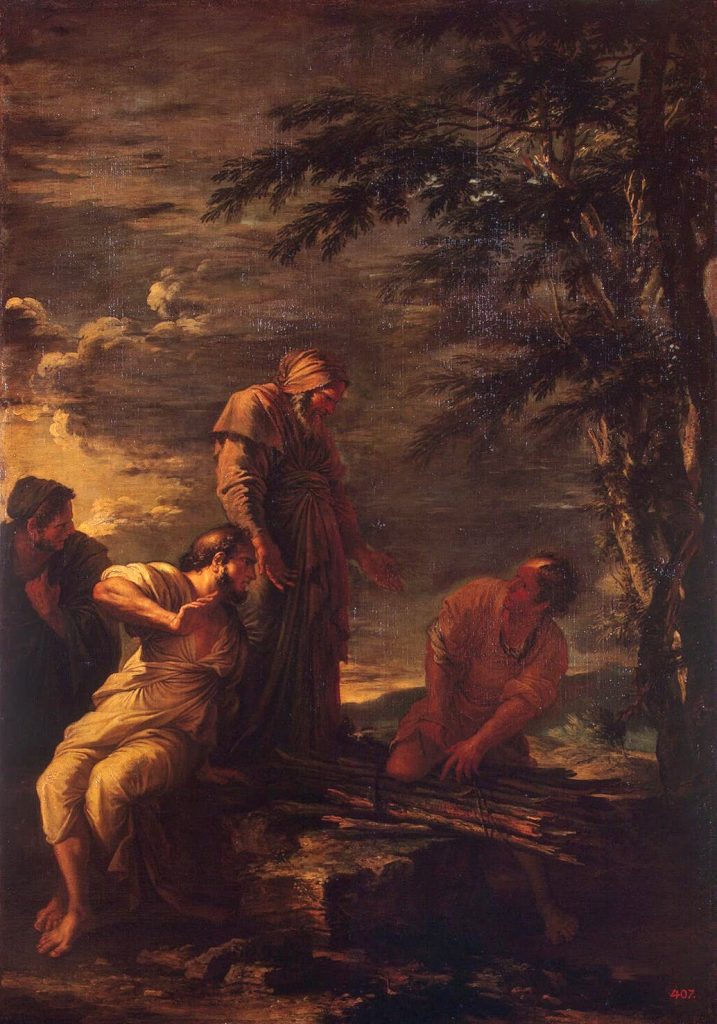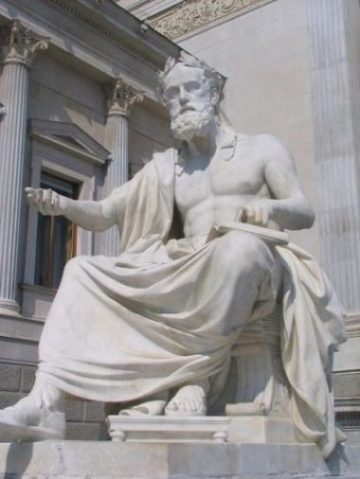
When one begins a study of Western philosophy, especially with a focus on the history of philosophy, Plato is the most common starting-point. That’s reasonable enough, since he was, as far as I know, the first major philosopher from whom we have a lot of material, and so influential that Alfred North Whitehead famously commented that the rest of Western philosophy is “footnotes to Plato.”
However, there were several philosophers who do predate Plato. The problem, though, is that we don’t have complete works from these men, just fragments and testimonia. Fortunately, The First Philosophers: The Presocratics and Sophists, translated and edited by Robin Waterfield, collects many of these fragments in an accessible way for a general audience. Waterfield also translated the edition of The Histories that I read and reviewed recently, and his translation is just as good here as it was for Herodotus (in style, of course, since I can’t vouch for accuracy), and his introduction and annotations are consistently helpful. Now, the nature of this material presents a couple significant problems. One is that because we only have the testimonia of other writers and mere fragments of the philosophers’ own work it can be difficult to piece together exactly what their ideas were in some cases. Furthermore, it can be difficult to follow many of these sections. In any other book, but especially philosophy, I’m used to reading through extended arguments point-by-point. Here, though, we often only have bits-and-pieces of arguments, or summaries by later writers. Sometimes, I found Waterfield’s introductions to each section was clearer and more instructive than the source material he translates.

